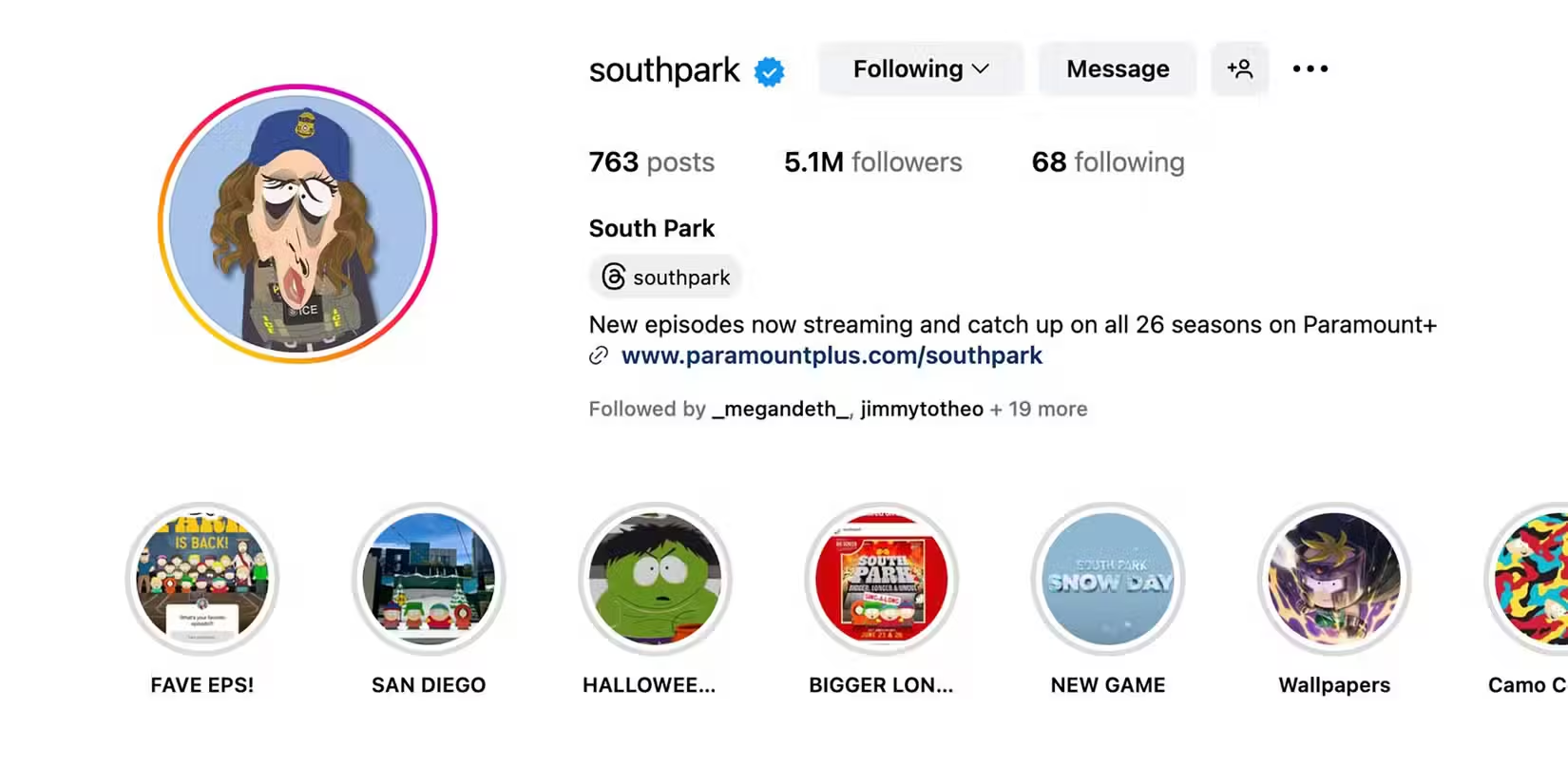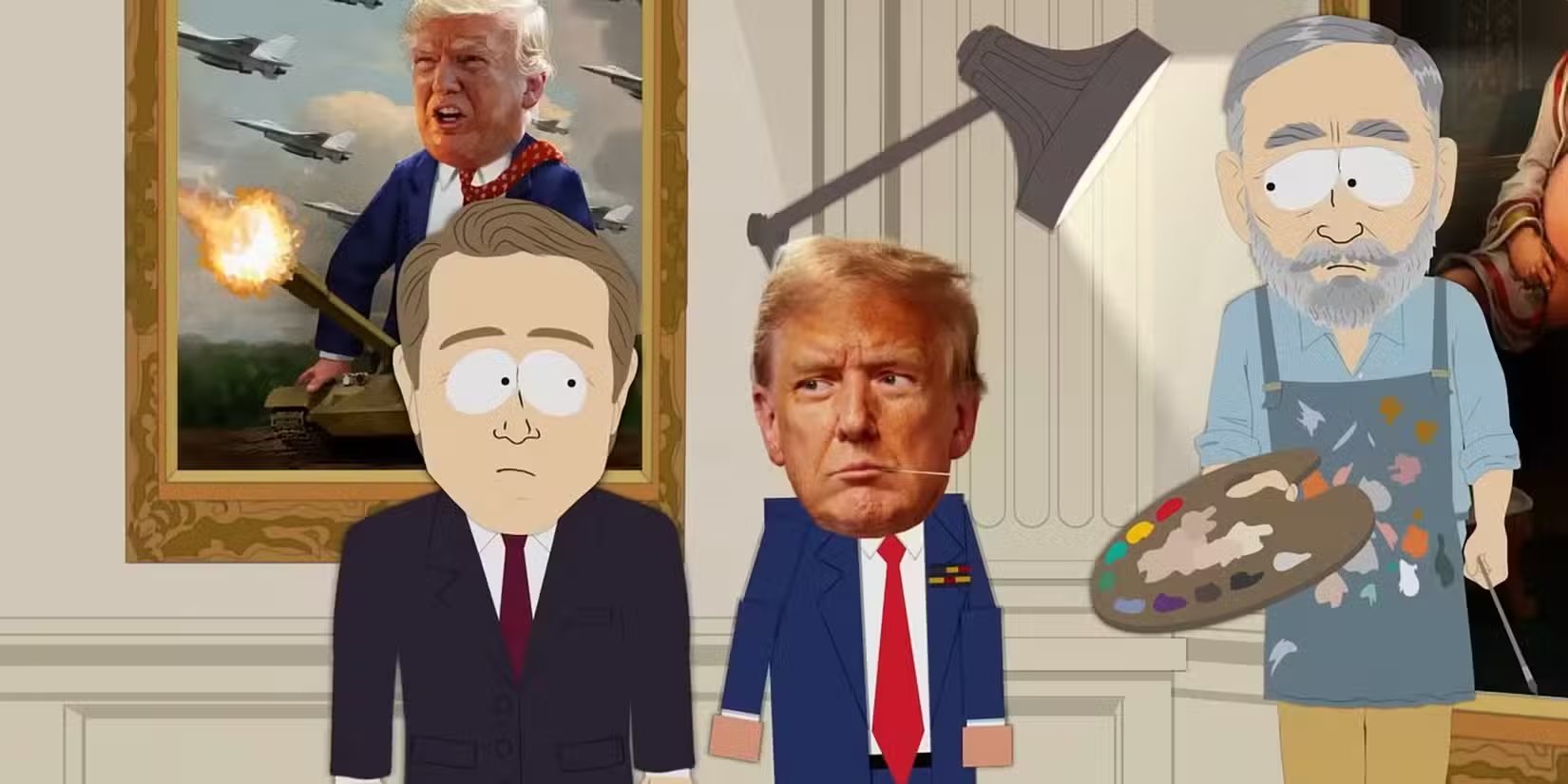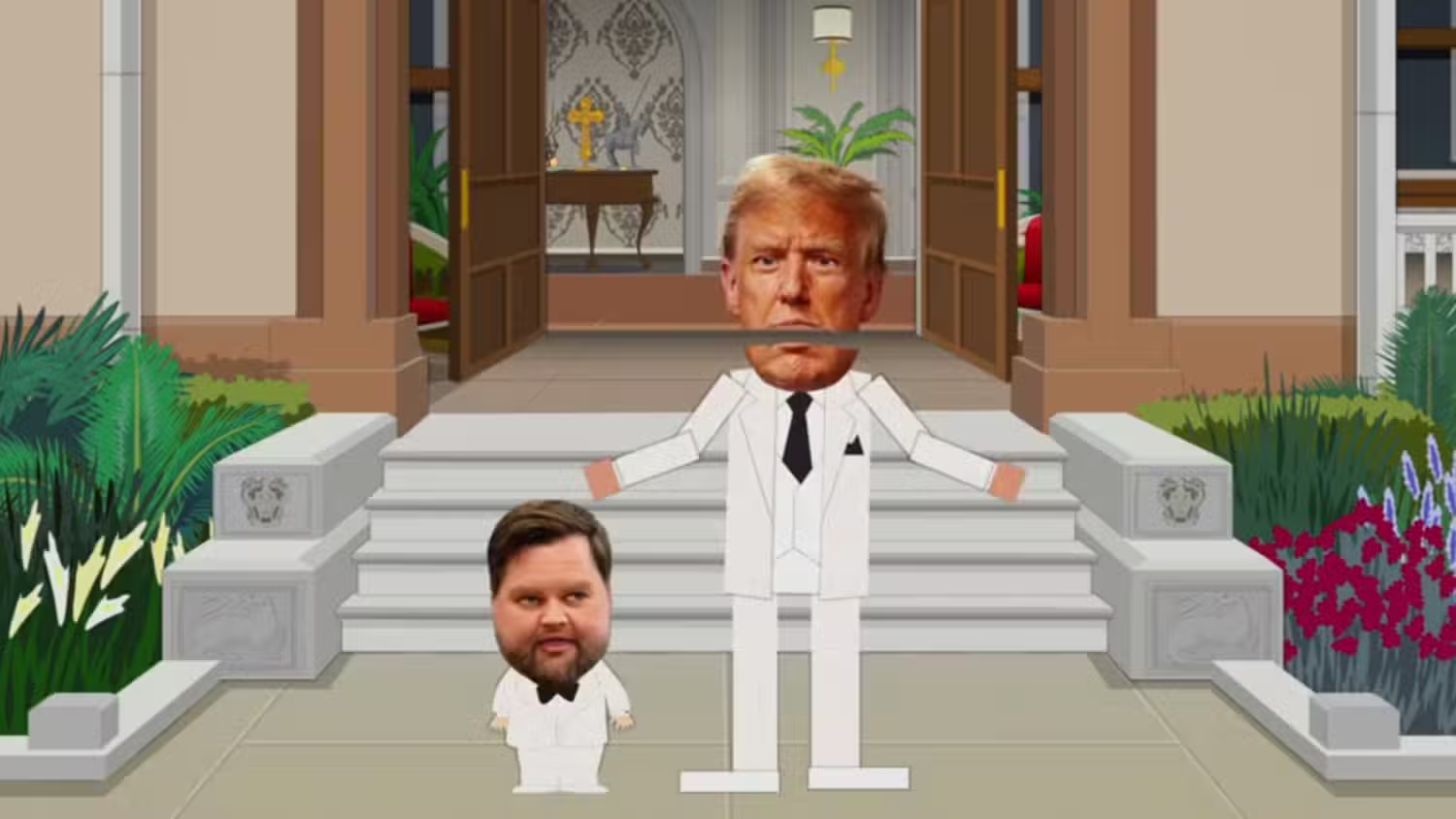5 Minutes
Overview
South Park season 27 has sprinted back into the cultural conversation with a pair of episodes that blend topical political satire and shock-value comedy. The second episode, titled 'Got a Nut', places Secretary of Homeland Security Kristi Noem at the center of a merciless parody — and the series' creators escalated the gag beyond the screen by updating the show’s official social media avatars with an unflattering image from the episode.
Plot Summary: What Happens in 'Got a Nut'
The episode follows South Park Elementary counselor Mr. Mackey after he’s fired and joins ICE, setting up a series of encounters that quickly veer into absurdist, pointed commentary. On his path he crosses Kristi Noem — presented as a caricature of the real-life political figure — in scenes that reference a controversial anecdote from her 2024 memoir. The show amplifies the satire with grotesque visual gags, most notably Noem’s face repeatedly detaching and requiring a team to reassemble it, a recurring sight gag that underlines the episode’s surreal, dark comedic tone.
Meanwhile, the episode also skewers other public figures: JD Vance is shown as a tiny, cartoonish body topped by his real face and voiced in a way that lampoons political caricature. The season premiere, 'Sermon on the 'Mount', had already signaled the creative team’s appetite for bold satire by portraying a bizarre relationship between Donald Trump and Satan — a thematic throughline of exaggeration and cultural provocation that continues into episode two.

Cast and Crew
The episode is helmed by South Park co-creators Matt Stone and Trey Parker, the showrunners and principal voices behind many of the series’ characters. Trey Parker voices Mr. Mackey among other roles, while Matt Stone covers a range of supporting characters. The show’s writing, voices, and direction are tightly integrated — a trademark of South Park’s long-running animated series production model. Guest voices and the use of real-life imagery for satirical effect further blur the line between animation and topical commentary.
Production Details and Social Media Strategy
South Park is known for its rapid animation pipeline, which allows writers to respond quickly to current events. That nimbleness is on full display this season: beyond the episode itself, the show’s official Instagram, YouTube, Facebook, and X accounts replaced their profile pictures with a particularly unflattering screenshot of Noem from 'Got a Nut.' The move functions as an extension of the show’s satire, a form of social media marketing and brand voice that says the creators will not be bullied into softening their jokes.

Critical Reception and Audience Reaction
Reactions have been predictably mixed. Kristi Noem publicly criticized the episode as misogynistic and petty, calling attention to the personal nature of the parody. Critics and commentators are split: some hail the instalments as fearless television satire that skewers power without restraint, while others see the visual jokes and targeting of a female politician as unnecessarily cruel. Across platforms, the episode sparked debates about the boundaries of satire, cancel culture, and the role of animated series in political discourse.
Why This Matters for TV and Cinema Fans
For enthusiasts of animation, TV season analysis, and political satire, South Park’s current run is a study in how contemporary television can fuse rapid production with cultural commentary. These episodes are being discussed not only for their punchlines but for their influence on media narratives, social media strategy, and how entertainment franchises engage with real-world figures.

Our Take
Matt Stone and Trey Parker have long treated comedy as an instrument of critique. While their methods are polarizing, the quality of the writing, timing, and sheer audacity of season 27 make these episodes stand out in the broader landscape of television satire. Whether you find the jokes brilliant or offensive, the show is doing exactly what it has always done: forcing conversation. For cinephiles and series lovers, that provocation — combined with sharp episodic structure and bold visual choices — keeps South Park relevant as both an animated series and a cultural mirror.

Final Thoughts
Season 27 is only just underway, but its early episodes already feel like essential viewing for anyone tracking political comedy in modern television. The decision to amplify a screen gag through social media profile images underscores how shows today are multimedia projects — where episode recaps, social marketing, and audience reaction all fold into the storytelling experience. Love it or hate it, South Park has once again ensured people are watching, talking, and debating the boundaries of satire.
Source: screenrant


Leave a Comment